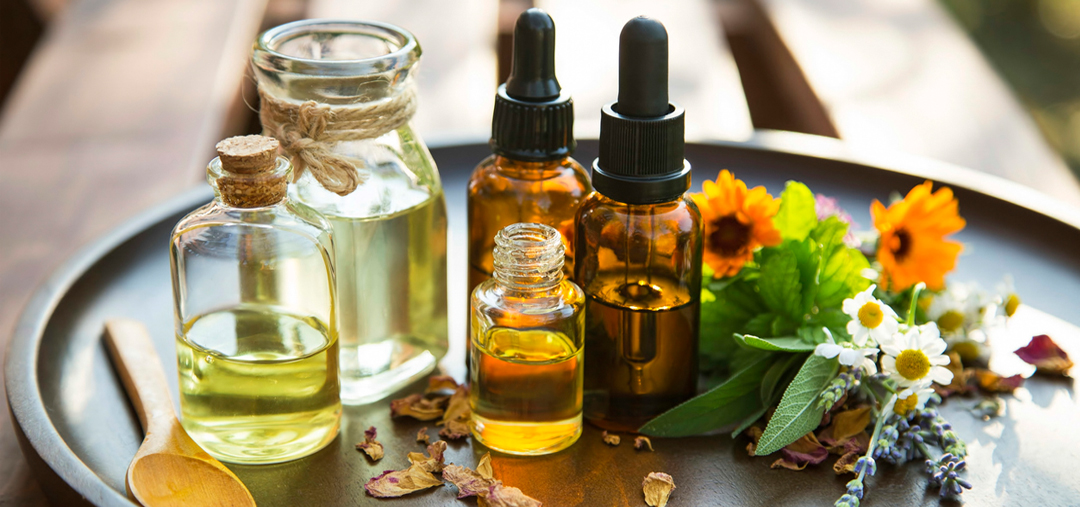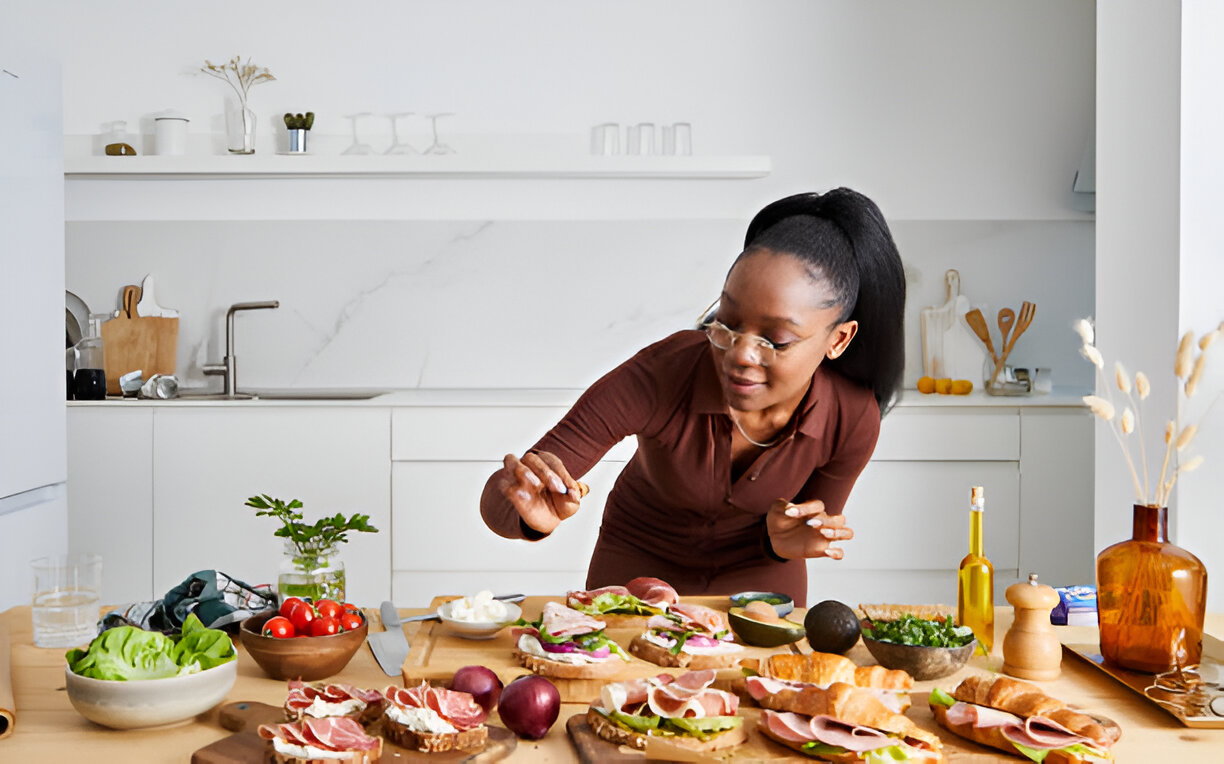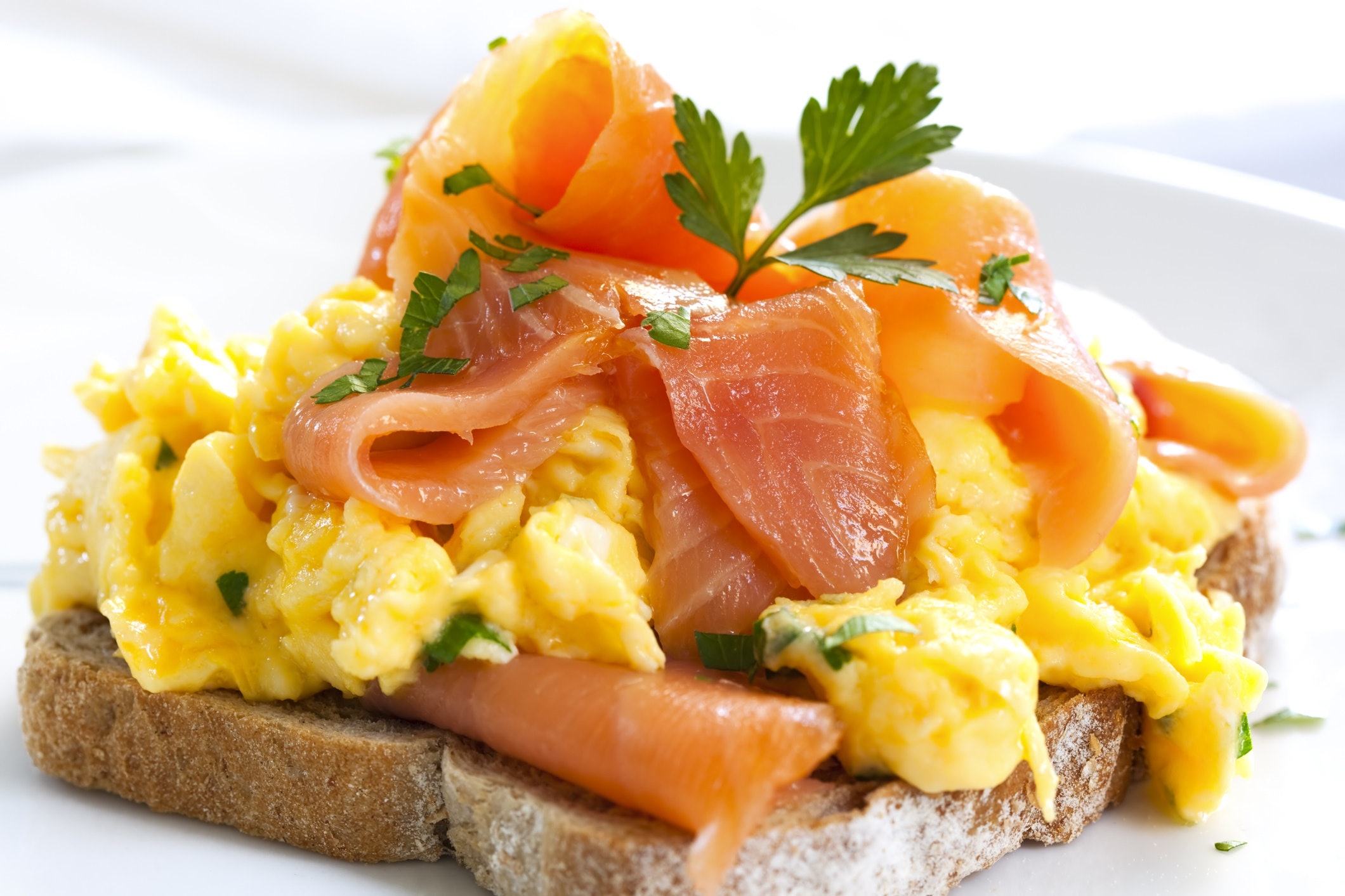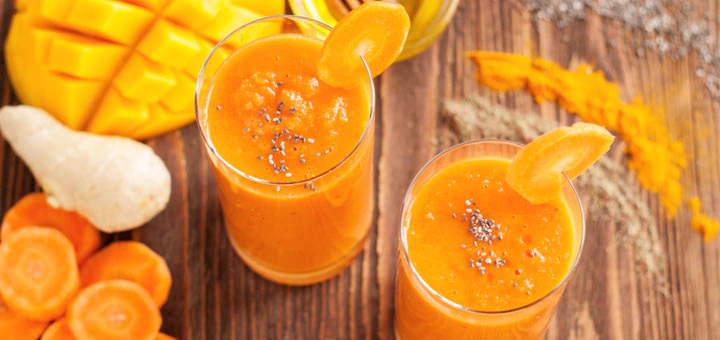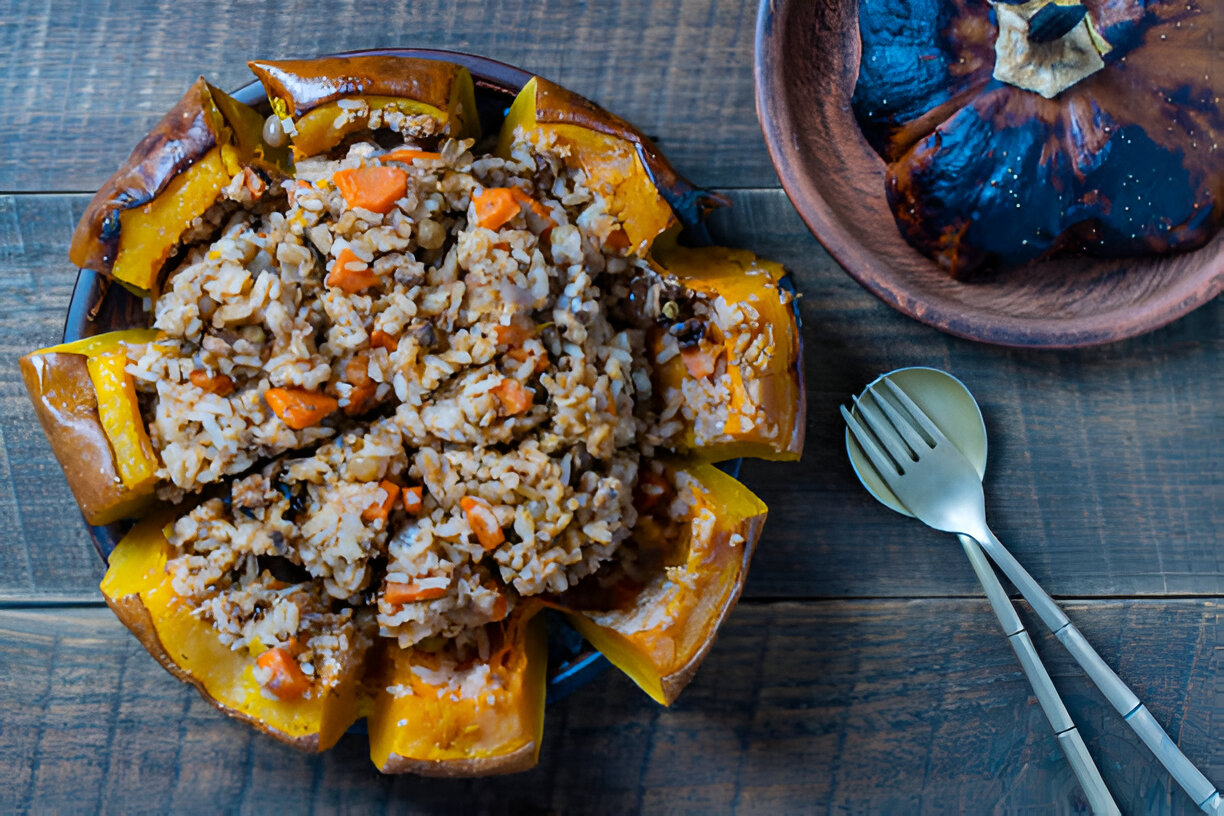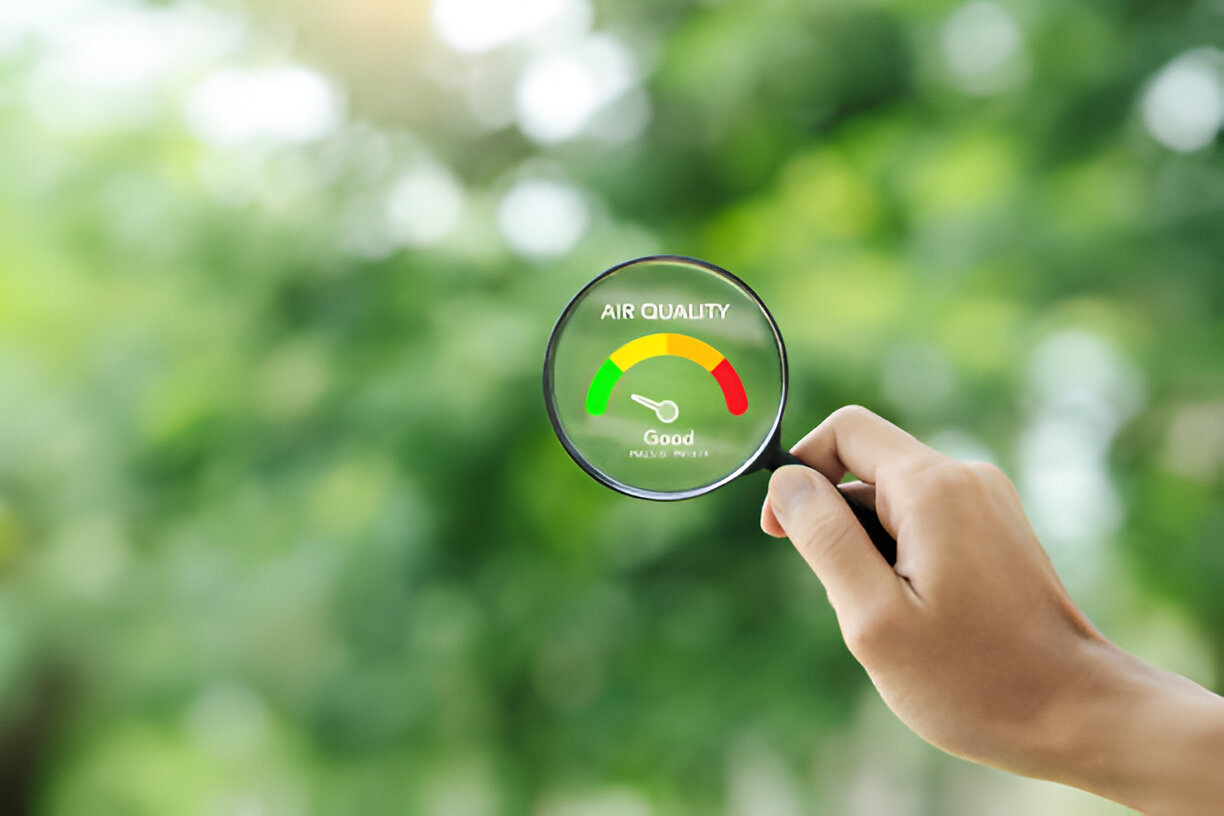

"True beauty dwells in deep retreats," wrote William Wordsworth, and though he wasn't referring to the kiwi, he might as well have been. This vine-grown fruit with a hairy brown peel harbors a juicy interior the color of emeralds or gold, depending on the variety. Regardless of shade, all types possess a creamy texture and an impressive nutritional profile.
Recipes
Black Cod with Quinoa and Kiwi Salsa
Health Benefits
Contrary to popular belief, the kiwi didn't originate in New Zealand, but in China during the 14th century. The gooseberry, as it was then called, eventually made its way to New Zealand. Once the island nation began commercial production, the fruit got renamed after the fuzzy national bird it resembles.
What didn't change, though, was its power to heal. The oblong treat delivers a whopping dose of vitamin C, more per serving than oranges. Research shows that one variety in particular, the Sanuki Gold, makes an especially powerful source of this multitasking antioxidant, which aids in immunity, wound-healing, iron absorption, and cell production, just to name a few of the benefits.
In addition to vitamin C, kiwis harbor other antioxidants, including lutein, a carotenoid best known for helping fortify the eyes against macular degeneration. Kiwis also provide vitamin E, an antioxidant that neutralizes free radicals and may help to prevent heart disease. Studies even show that kiwifruit may lower triglycerides (the fats that circulate in the bloodstream, a buildup of which can result in high cholesterol levels). They're also high in dietary fiber and potassium, a mineral that helps maintain the nervous system and keeps the body's fluid balance in check.
How to Buy
Look for firm fruit that gives slightly to gentle pressure. Avoid any kiwis that feel soft or wrinkly -- possible signs of over-ripeness. Kept in the refrigerator's crisper drawer, kiwifruit should stay fresh for four to five weeks. If you pick up an unripe kiwi, place it in a paper bag at room temperature with an apple or banana. These fruits produce ethylene gas, which tends to speed up the ripening process.
Cooking Tips
Rubbing kiwi flesh over raw meat and letting it marinate for 20 minutes has a tenderizing effect, thanks to an enzyme called actinidin.
Nutrition Breakdown
Per 1 cup, approximately two large kiwis
Calories: 108 kcal
Fat: 0.92 g
Fiber: 5.3 = 21 percent* of DRI+
Potassium: 552 mg = 12 percent of DRI
Vitamin C: 164.1 = 219 percent of DRI
Vitamin E: 2.58 mg = 17 percent of DRI
*Percentages are for women 31 to 50 who are not pregnant
+ DRI, Dietary Reference Intake, is based on National Academy of Sciences' Dietary Reference Intakes, 1997 to 2004
First Published: March 2009







